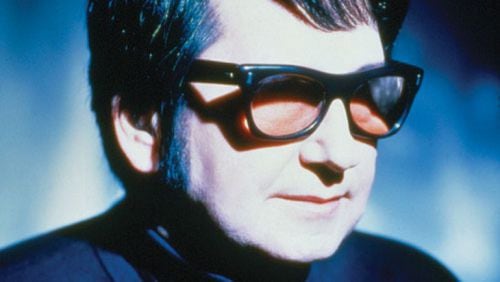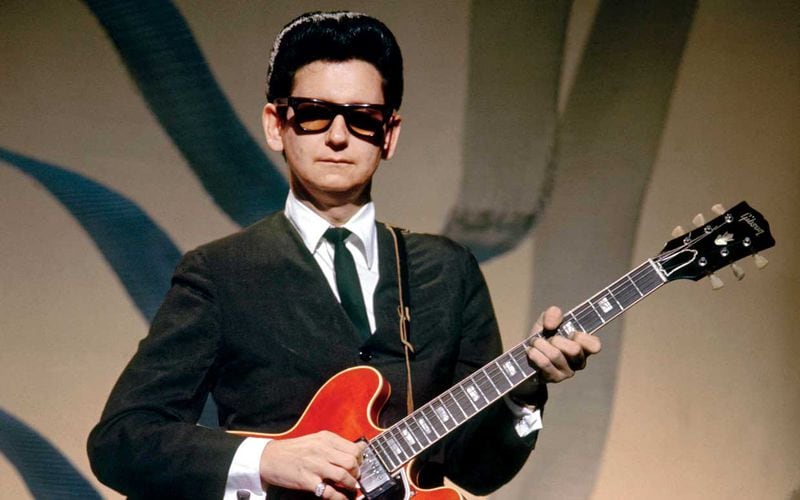Plans to put a holographic likeness of the late Roy Orbison on stage have hit a snag in court.
Orbison’s three surviving sons, who use the name Roy’s Boys, are suing Hologram USA over rights to re-animate the late singer of “Oh, Pretty Woman” and “In Dreams.”
They say their original contract with Hologram USA has expired and they’ve moved on to work with BASE Holograms, but Hologram USA disagrees.
If the various parties work out their problems, Orbison, who died in 1988, will be the newest illusion to hit the stage.
Ever since a 3-D projection of the late rapper Tupac Shakur performed at the 2012 Coachella festival, parlor-trick recreations of dead entertainers have been gaining in popularity.
A re-created Ronnie James Dio, the former Black Sabbath frontman who died in 2010, has performed in Germany and the U.S. with his fellow (human) heavy metal musicians, and plans are afoot to resuscitate Patsy Cline, Whitney Houston, Selena, Michael Jackson and Liberace.
Guitarist and composer Frank Zappa, who died in 1993, is set to be recreated onstage in 2018 during a hologram tour licensed by the Zappa Family Trust, which is run by his children Ahmet and Diva.
Though the holographic Zappa is reportedly to be accompanied by former sidemen including Ian Underwood and Vinnie Colaiuta, guitarist Adrian Belew decided against participating, citing conflict within the Zappa family. (Guitarist Dweezil Zappa has been embroiled in a dispute with his siblings over naming his tour Zappa Plays Zappa.)
“This whole thing is far too caustic and divisive,” wrote Belew on Facebook.
Orbison created recorded many radio hits in the 1960s, and returned to the spotlight in the 1980s when he cofounded the supergroup the Traveling Wilburys with George Harrison, Bob Dylan and Tom Petty.
About the Author








